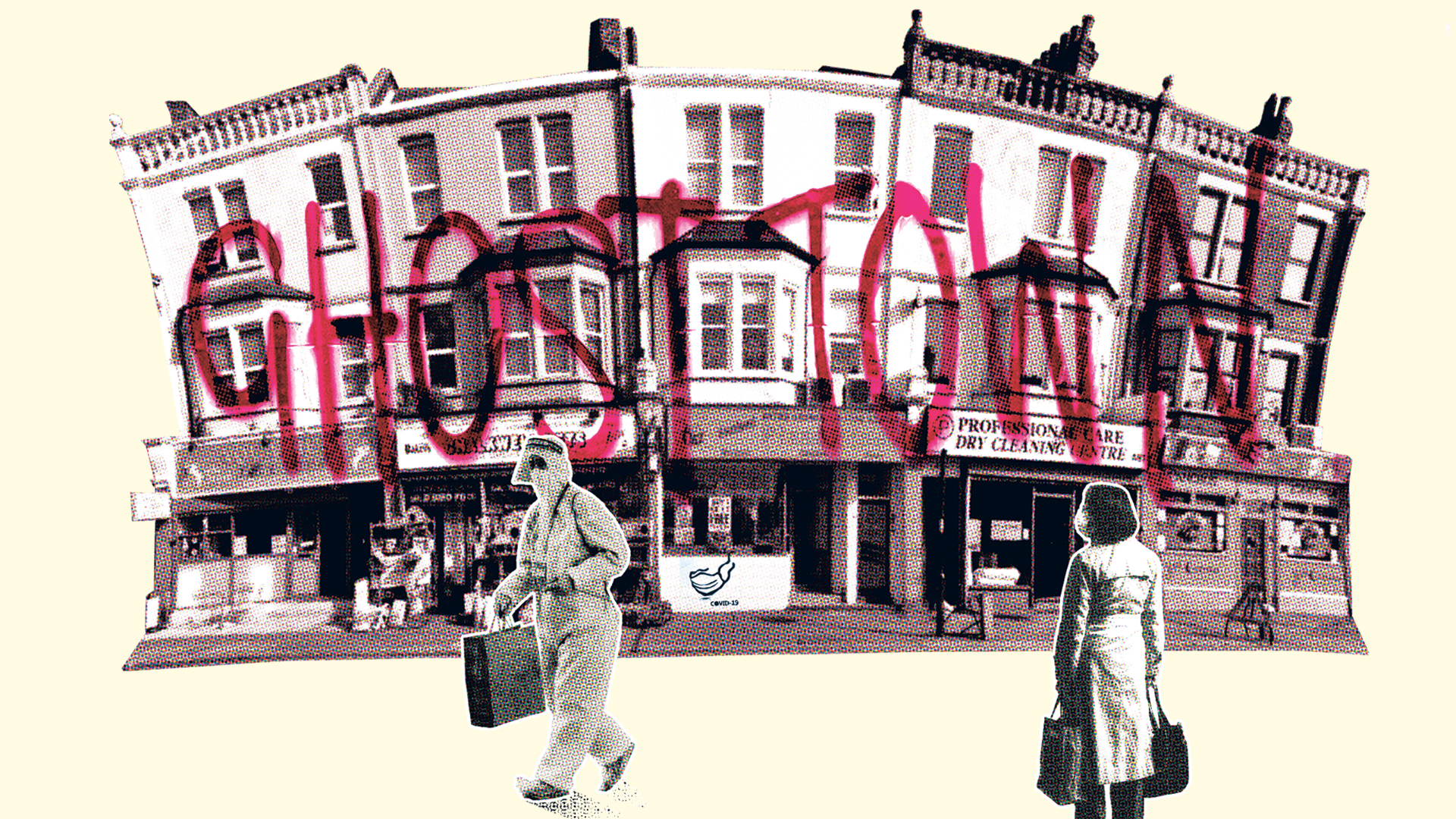The first is that town centres need to be more community-focused rather than commercial.
We were already starting to think of the need for town centres to be mixed-use. We need to go further and reimagine them as community spaces. For me, that means their beating heart is as much about community action and public services as it is about retail and leisure.
After months of being isolated from each other, we will need town centres to be spaces where we can come together and find common purpose. Let’s build that into how we reimagine their use. Let’s use some of the empty retail spaces to house the amazing community organisations, new and established, that have emerged out of this crisis and led a lot of the local response. Let’s have them at the heart of our town centres. The same for public services. Let’s put more GP surgeries and health centres in empty shops and have more daytime activities for older people in former department stores.
As part of this vision, community businesses and other social purpose organisations have a major role to play. They have a strong track record of taking on assets and running them successfully, generating an income but also rebuilding pride in a place – Radcliffe Market in Bury and Nudge Community Builders in Plymouth to mention just two examples. And the data shows that publicly and community-owned high street properties are less likely to be empty (at least before Covid-19). There are opportunities here to use this crisis as a way to turbocharge community ownership on the high street and create real resilience for community organisations in doing so.
The second principle is that high streets need to be more local.
One of the real glimmers of hope from recent data is that businesses that rely on local customers are faring best. The strongest predictor of how well a neighbourhood’s businesses will do is what share of its existing customer base lives nearby. Shops that rely on customers who travel more than a mile to get to them are doing worse.
Advertising helps fund Big Issue’s mission to end poverty
With more and more retail chains going into administration, local businesses will be the way to rebuild town centres. And we know this is what people want. All the focus groups we did as an expert panel were consistent in finding that what people want from the high street is independence and diversity. And this is time and time again what characterises high streets that win the government’s Great British High Street award, like Crickhowell in Wales. In both Anfield in Liverpool and in Brighton community businesses have been at the forefront of the emergency food response. Many of them have struggled to source food from traditional wholesalers who have prioritised large supermarkets, so they have started to develop new locally sourced supply chains. If we build on this, we can start to bring back small independent shops to the high street, not just in affluent areas selling soda bread for £5, but in all our communities.
The third principle is shared governance, with community organisations firmly at the table.
What this crisis has revealed is that there are community organisations that are central to how our towns and cities function. They know local people and have huge expertise, and we’re missing a trick if we don’t bring them to the table when we’re developing the way forward for our town centres.
If the future of the town centre is more community-focused, then we need a new governance model that brings different parties together to strategically shape that – that’s the public sector, business and civil society, particularly community organisations. How else are we going to figure out how retail, leisure and hospitality sit alongside housing and public services as well as community and civic spaces?
And finally, the fourth principle is being climate-positive.
If the outpouring of community spirit and mutual aid and neighbourliness has been one positive from this crisis, then another has been the environmental impact that less travel is having on air pollution and our general climate.
Advertising helps fund Big Issue’s mission to end poverty
If we want to build back better, we have to find ways of hardwiring concern for climate into the future design of town centres, whether that’s providing greater incentives for walking and cycling, as well as public transport, or ensuring that there is sufficient green space.
So many conversations about town centres used to get stuck on parking, and whether local authorities should stop charging for it. We have to use the massive disruption of this crisis to plan for something better.
@vidhyaalakeson
powertochange.org.uk
This article is part of our After The Virus series. To read more from Rutger Bregman, Jon Snow, George Clarke and more, head here.









